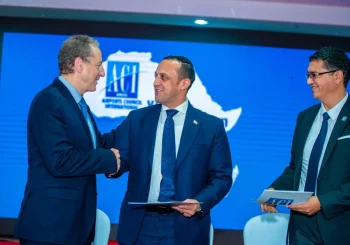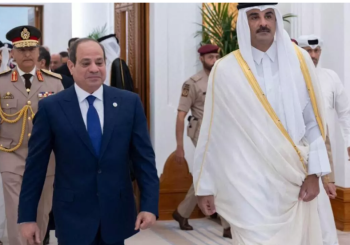
Egypt’s Prime Minister Mostafa Madbouly announced on Tuesday 9 August the government’s plan to rationalise energy consumption nationwide as a means of redirecting natural gas towards exports to net foreign currency.
The plan, which includes a basket of restrictive measures concerning energy and electricity consumption, is to be announced on Thursday 11 August, and is expected to be effective next week. As a result of the rise in dollar interest rates, the Egyptian government hopes to export around 15 percent of the gas that is currently allocated to the nation’s power stations to increase its hard currency.
The country should expect a number of measures. This includes dimmer lights in streets and public squares, the rationing of electricity at government buildings and sport facilities, the shutting off of electricity in government buildings after official working hours and the limiting of air conditioning units’ temperatures in malls, which must close their doors by 11 pm. Sports facilities will also be asked to schedule fixtures in daylight to curb energy use at stadiums.
“We have been taking clear and calculated steps towards increasing Egypt’s foreign exchange reserves and reducing our import bill, and now we’re looking at how we can better utilise the natural resources available to us in order for them to bring in more foreign exchange,” explained Madbouly.
According to Ayman Hamza, the spokesman of the Ministry of Electricity, Egypt has an electricity surplus of more than 25 percent. Although most power in Egypt is generated by gas, the government plans to increase the supply of electricity generated from renewable sources to 42 percent by 2035. The government has taken action towards gas consumption since October 2021 after it issued an agreement between the Ministry of Electricity and the Ministry of Petroleum to replace gas with diesel to generate electricity, as the country used more than 60 percent of natural gas production to generate electric power.






Comments (0)